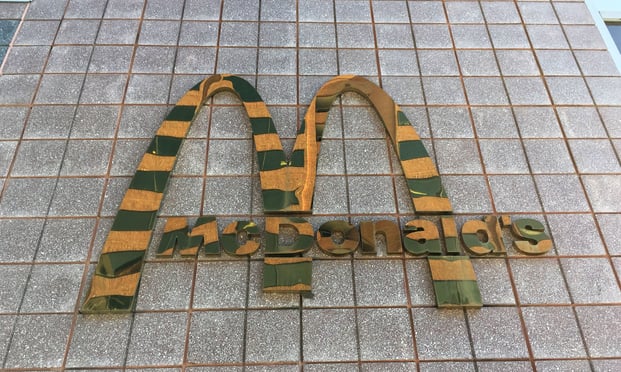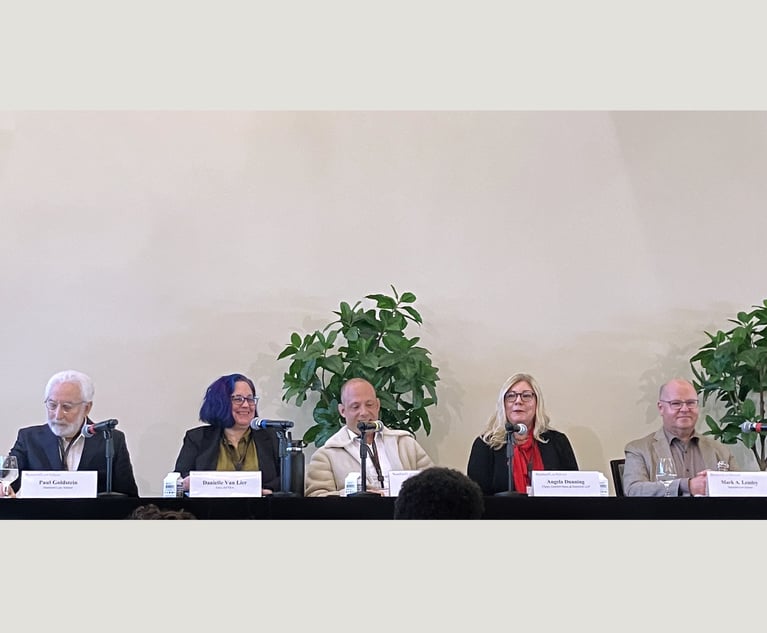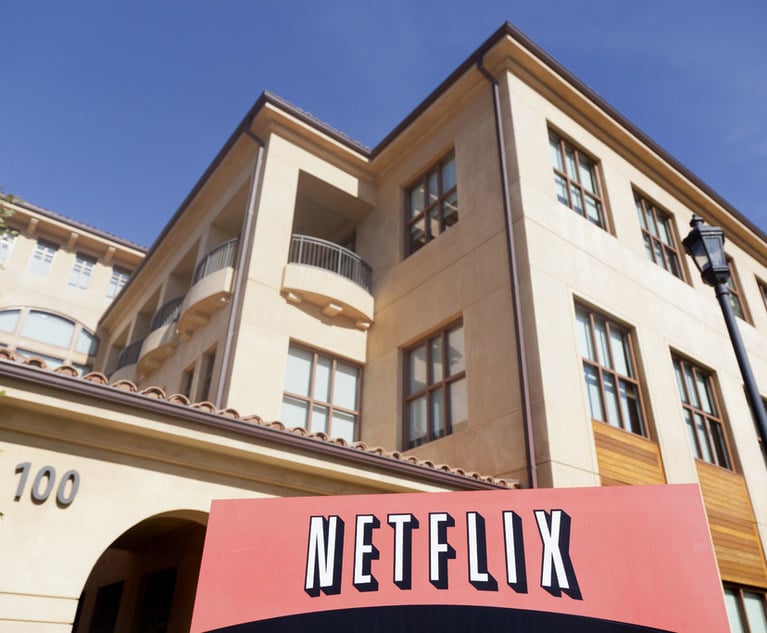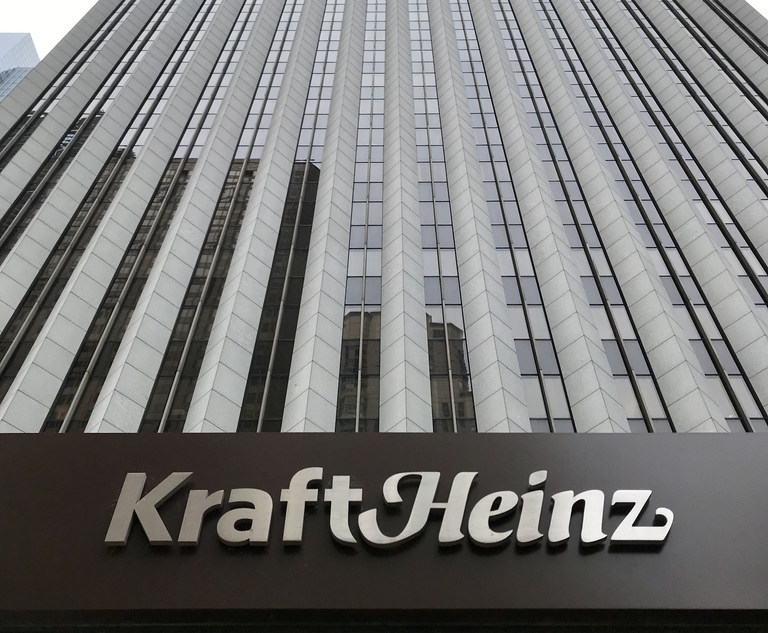A federal magistrate judge in Chicago on Tuesday is slated to hear arguments about a critical in-house counsel issue: Whether or not lawyers at McDonald’s USA retained their attorney-client and work product privilege while communicating with other employees and an outside consultant.
Earlier this month two lead plaintiffs in an antitrust class action filed a motion to compel McDonald’s to produce 19 documents it has listed as privileged. The suit involves a former “no poach” provision in the company’s contracts with franchisees, which required restaurants not to solicit or hire employees from other McDonald’s restaurants without the other franchisee’s consent.

 The McDonald’s arches. Photo: Diego M. Radzinschi/ALM
The McDonald’s arches. Photo: Diego M. Radzinschi/ALM








